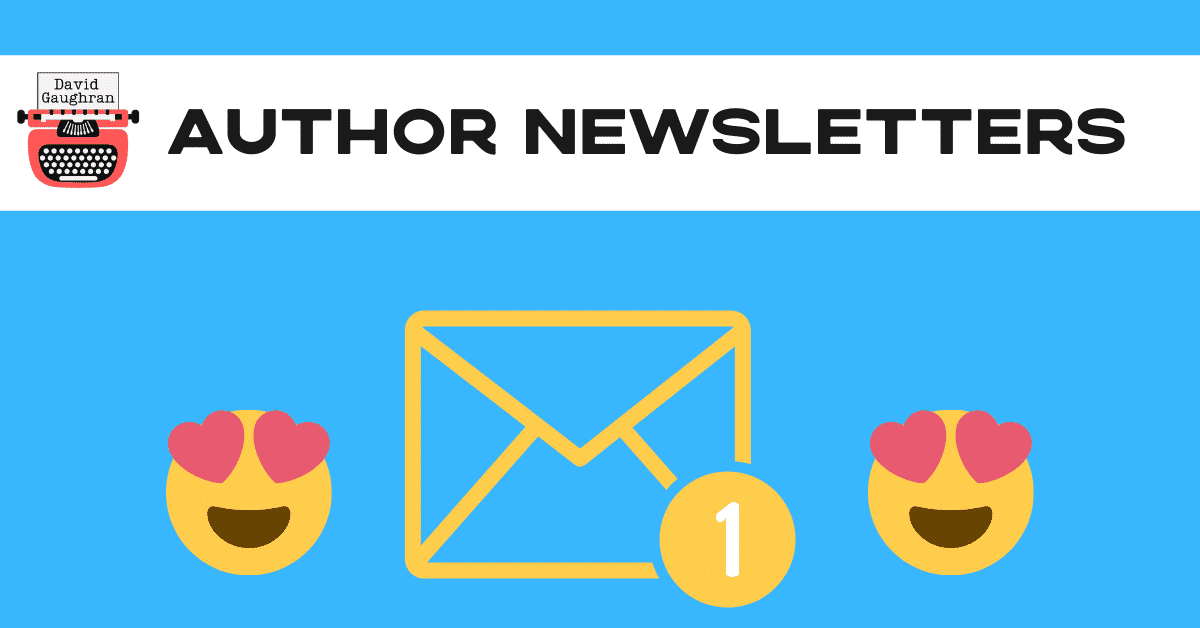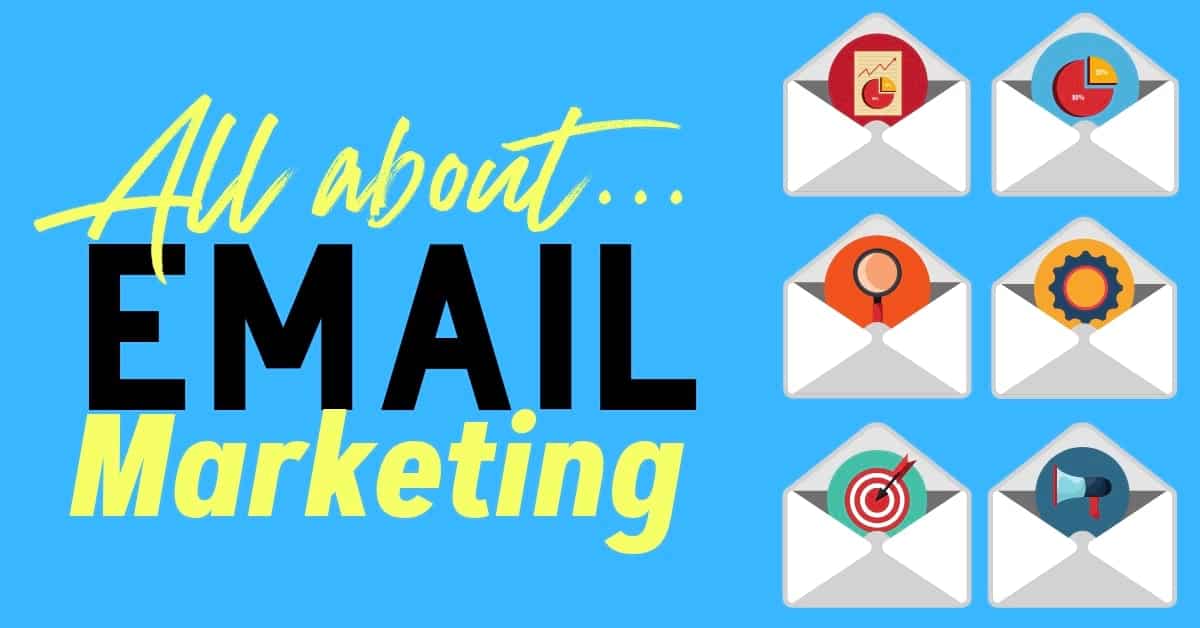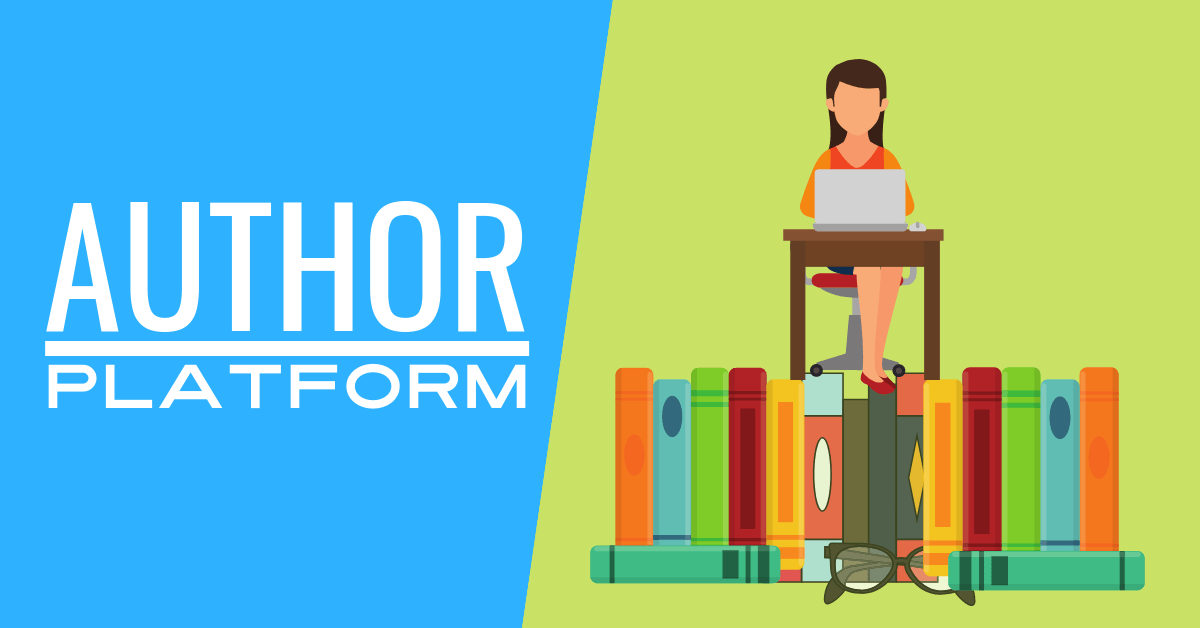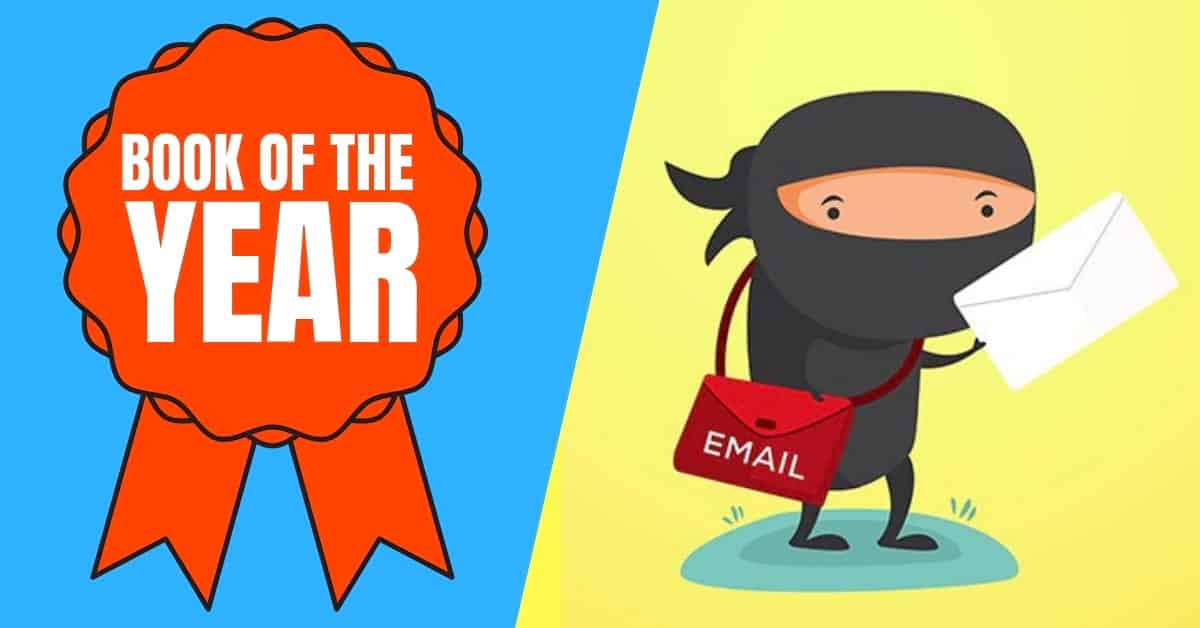
7 Expert Tricks To Improve Your Author Newsletter
Authors these days are getting great at offering enticements to sign up – commonly known as magnets or bribes or sign-up bonuses – and also at deploying automated sequences to further warm-up new subscribers. But sometimes we can be a little… overeager.
Your first priority should be to keep the promise that you made to the reader, which means ensuring the subscription happens smoothly and they get their free ebook.
If you overload the first emails the subscriber receives, you might get dropped into Promotions or *gasp* Spam. If you’re lucky the subscriber will email you complaining they didn’t get their gift. If you’re lucky. Most probably won’t even bother complaining which means you’ve just lost a sign-up. Read More…

Email Marketing: Your Secret Weapon
There is no question that email marketing is the most powerful tool at your disposal; not taking advantage of all the unique benefits of email marketing is really missing a trick. Here’s why.
I’m sure all of you know the power of having thousands of committed readers signed up to your mailing list, allowing you to send each new release into the charts. Even if you’re not there yet personally, this should be something you are aiming for. Every single author should have a mailing list and be seeking to actively grow it.
But before we fly through the basics and delve into more advanced topics, let’s be clear about something: email marketing is not about spam. It’s not about fake intimacy. It’s not about posing BS questions to create false engagement. And it’s not about bait-and-switches, contrived urgency, click-baiting subject lines, or other emotional tricks; that’s what cheesy internet marketers do. Read More…

How To Build An Author Platform
What is an author platform? Which elements should it contain? And is any of this stuff more important than just writing another book? Perhaps not. But certain aspects of an author platform are important tools for reaching readers and, especially, for holding on to them.
The topic can be confusing as everyone seems to be mean something different by the term. And then this problem is compounded by a lot of terrible advice proliferating, quite frankly. Number-chasing nonsense which doesn’t serve anyone.
Even the term “platform” seems to be quite nebulous and elastic — fertile ground for snake-oil salesmen. Let’s nail that down first: Read More…

Book of the Year for Authors: Newsletter Ninja
I’ve been self-publishing for seven years. That’s quite a long period to be screwing up almost the entire time, but I managed it! My whole approach to email was backwards. I did all the don’ts, ignored all the warnings, missed out on so many opportunities to build myself a happy and engaged audience of readers that it causes me literal pain when I think about it. I don’t say this to elicit sympathy. Rather, I hope that my long experience of doing exactly the wrong things can act as a deterrent—a giant sign made of bones spelling out “Here Be Wolves.”
What did I do exactly? I only emailed people when I had a new release. I thought I was being considerate and not clogging up everyone’s inboxes when, in reality, I was only turning up at their door when I wanted something: their money. This was compounded by my slow production speed, particularly with those painstakingly researched historical novels I seem to enjoy writing for some reason. That problem was further exacerbated by working in more than one genre, so the books came out even slower and the emails were even less frequent. Clearly, I felt I wasn’t antagonizing my most loyal readers enough with this set-up, so I decided to have one Frankenlist—my fiction and non-fiction peeps all lumped together—neatly ensuring that everyone really wouldn’t care about at least 50% of the (increasingly infrequent) messages I was sending out. Read More…
^
